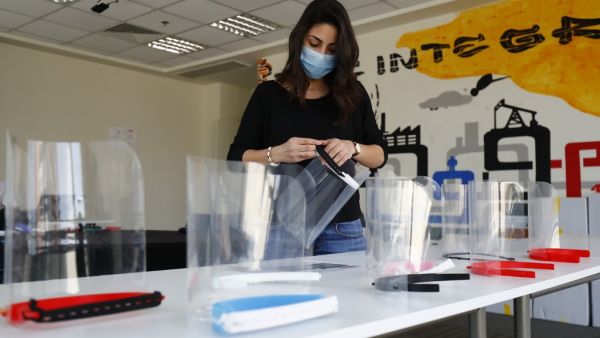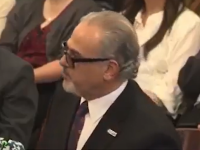Egyptian authorities stressed they will continue repatriating citizens stranded in Gulf states, giving the priority to citizens in Kuwait, announced Minister of Immigration Nabeela Makram.
“The committee formed under the chairmanship of Prime Minister Mostafa Madbouly does not differentiate between Egyptians abroad, but we must take into account the positions of all those stranded in all countries without exception,” Makram said.
She explained that the committee has prioritized a number of segments in its plan, including humanitarian cases, expats with expired residency permits, and those whose contracts have terminated.
The minister added that the dates of repatriation for Egyptian expats who fall in these segments will be announced once all precautions necessary for their return have been completed.
The Minister’s statement came hours after Kuwait’s Ministry of Interior announced its forces had broken up a riot by Egyptian workers seeking repatriation.
The workers were being held in shelters dedicated to those in violation of the state’s residency laws, and the security forces intervened and seized several people who were facing legal measures.
Representatives of the Egyptian embassy met with the citizens and informed them that authorities began preparing a timetable of evacuation trips as of next week.
The Egyptian embassy also apologized for the riots.
Last March, Egypt and Kuwait tried to contain “unofficial feuds” between a number of citizens of the two countries, which included incitement campaigns against Egyptians working in Kuwait, claiming they were infected with the coronavirus.
The foreign ministers of both countries discussed over the phone the brotherly and historic relations between Kuwait and Egypt. They expressed satisfaction with the level of ties between the two states and rejected all bids intended to strain these bonds.
On March 30, Kuwait Minister of Interior Anas al-Saleh signed a resolution allowing expatriates violating residency law to leave their country without paying fines nor plane tickets.
Kuwaiti members of the parliament intervened in the crisis, such as MP Mubarak al-Hajraf, who asked Foreign Minister Sheikh Ahmed al-Nasser al-Sabah to take firm measures against any country that does not want to receive its citizens.
Prior to that, Kuwaiti prosecution interrogated Kuwaiti writer Mubarak al-Bugaily over his insulting comments on Egypt.
Bugaily posted a series of tweets against Egypt, denouncing the way the country is dealing with the coronavirus crisis, and undermining the Egyptian workers in Kuwait.
In Egypt, a number of public figures, artists, and university professors launched an initiative rejecting discord and warning against "deliberate attempts" to create strife between the two countries.
This article has been adapted from its original source.








